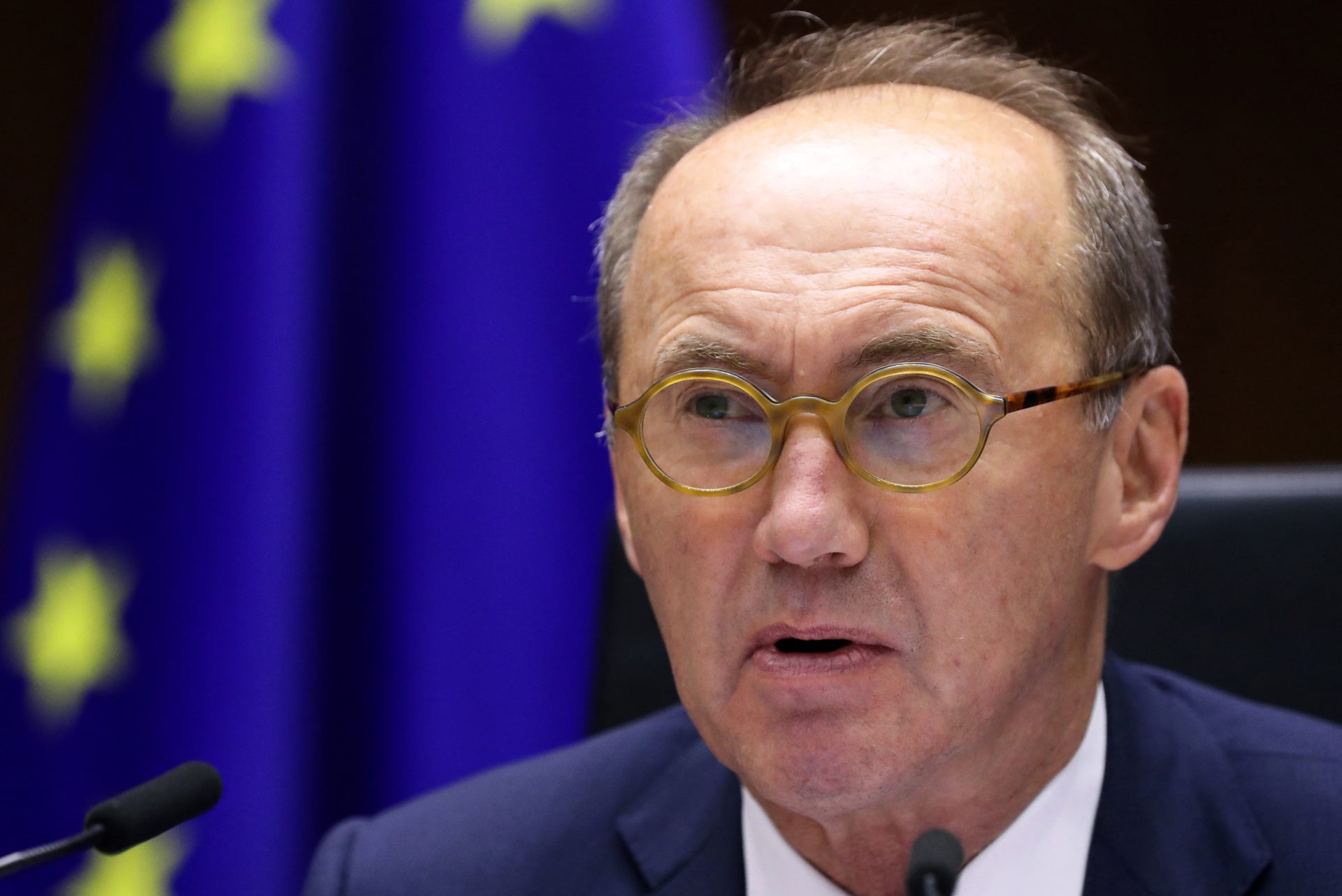
Vienna/Alpbach – Othmar Karas, the newly appointed president of the European Forum Alpbach (EFA), views the EU Commission’s proposal for the upcoming multiannual budget as a “suitable starting point for discussions,” as he shared with APA. However, he expresses concern regarding the initiation of essential investments. “When accounting for repayments, the budget is not higher than it was prior to 2019, yet the developments since 2019 necessitate increased efforts.”
According to the former First Vice-President of the European Parliament, not all solutions can be found within budget frameworks. He emphasized the need for initiatives and the “unlocking of private capital, which is regrettably still largely spent outside of Europe.” “Significant negotiations lie ahead to ensure we meet the goals we have established. The budget reflects our work program in numerical form, and securing financing for our commitments is crucial for our credibility and political effectiveness—it’s not just about sending a wish list.”
For cost-saving measures, increased cooperation is vital, Karas stated. “This is fundamentally what the European Union is meant to achieve.”
“Trade conflict averted for August 1”
On the recent EU-US tariff agreement, Karas expressed his belief in the importance of a rules-based international trade system centered on justice and fairness. “Thus, I consider strong international trade agreements and a robust WTO to be essential.”
Noting that he lacks detailed knowledge of the agreement, he highlighted a positive outcome: “A trade conflict has been averted for August 1.” However, he urged that this serves as a reminder that the European Union must present a united and strong front. “Without unity and strength, we are at a disadvantage in the current geopolitical landscape.” This also raises questions about the political strength of the Commission: “Can it execute its negotiations effectively? Are we formidable enough to garner respect from others?” This concern extends to security matters.
“Trump’s prioritization of self-interest over collective responsibility has been eye-opening for us. The future of the European Union should be shaped collaboratively—interdisciplinary, intergenerational, and focused on solutions. We need a common business foundation once again to foster trust,” Karas asserted. This framework serves as a model for addressing contemporary issues and crises.
“Dependent out of convenience”
“We recognize Mr. Trump’s approach, but we should have realized that the world is restructuring. We have made ourselves dependent due to convenience and naivety, then questioned our lack of sovereignty,” the forum president remarked.
“We have become reliant on Russia for energy, exposing vulnerabilities not just in supply chains but also in pricing. Our dependence on fossil fuels complicates the achievement of climate goals within the EU. Security decisions made in Washington and NATO deployments have also left us reliant. Additionally, we have relied on medical products from China and technologies from Asia and America, covering everything from telecommunications to green technologies and AI.”
Dependency breeds vulnerability, and vulnerability undermines sovereignty. “Therefore, we must cultivate European sovereignty across all domains. We need to eliminate these dependencies,” Karas demanded. “For Austria, if Europe lacks sovereignty, then as a member state, we also lose sovereignty. Strengthening the European Union is essential to foster a sense of communal sovereignty, ultimately benefiting our populations, economies, and competitiveness.”
Emphasis on security, energy, and capital market union
This year’s overarching theme of the Alpbach Forum—“Recharge Europe”—encourages rethinking Europe and fostering a renewed spirit of innovation. “We must consider how to enhance Europe, deepen integration, and expand collaboration,” and provide a unified European response to contemporary challenges, focusing specifically on security, energy, and capital market unions.
Karas emphasized the unique interdisciplinary and intergenerational aspects of the forum, underscoring the intrinsic value of Alpbach: “The setting encourages a slower pace.” He noted, “Discussions in Alpbach facilitate better dialogue and listening compared to meetings in Brussels, Paris, or elsewhere.”
Being “rooted” is vital—“rooted in our homeland, in our regions, and communities. Those unrooted cannot embark on meaningful journeys.” The forum begins by focusing on the Euregio Tyrol-South Tyrol-Trentino. “Europe begins in our localities, yet the challenges faced by our regions require a collective European response. No one can tackle these issues alone, and fostering a sense of ‘we’ is critical.” (07.08













Leave a Reply